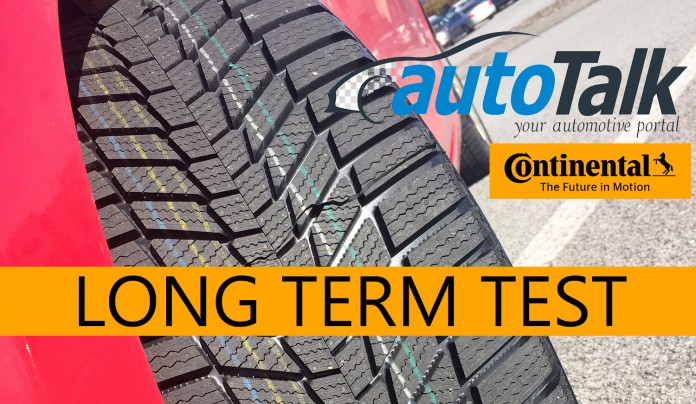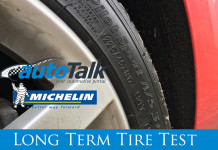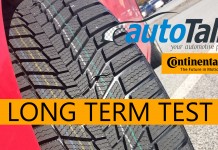Today is the official first day of winter, and to celebrate we are starting up a full season test of a new set of winter tires from Continental. The new slabs of rubber wear the name WinterContact SI, and they are brand new this year. They make use of new patented technologies along with an aggressive tread pattern to create what Continental is calling “the ultimate winter tire.”
The SI in the tire name stands for “snow and ice,” but it’s important to know and recognize that as the science behind tires has changed, so has their use scenarios. Modern winter tires are not “snow” tires anymore, they are “winter” tires. If you live in an area that sees temperatures below 45 degrees, a set of tires like these new Continentals will give you better control, shorter stopping distances, and improved handling in cold weather.
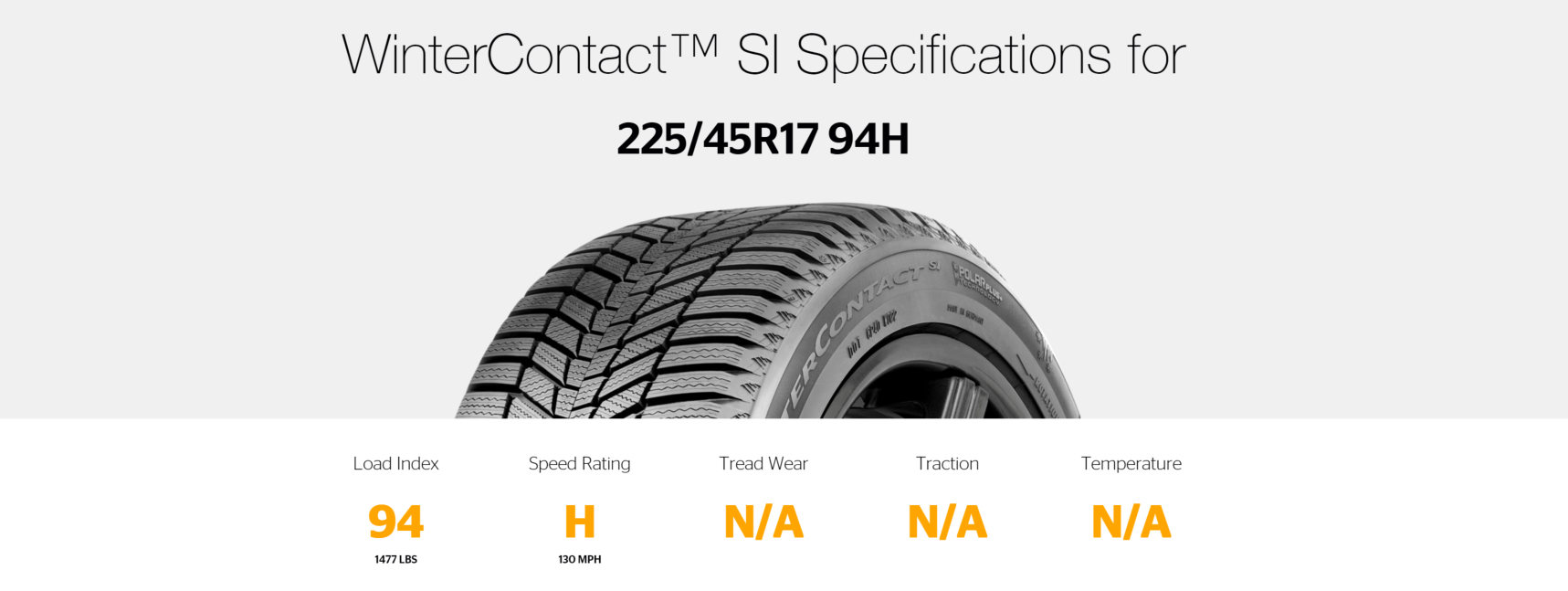
Tennessee winters are a constant mix of 35 to 40 degree temperatures and lots of rain. In these temperatures, the rubber compounds on standard all-season tires begins to stiffen to a point that it is ineffective. Basically, the soft rubber of your tires turns into something that is about as grippy as PVC. If you are running performance tires, this effect is even greater. So your tires are less effective in cold weather, even on perfectly dry pavement. When things get wet and sloppy, the problems are only compounded.
The secret sauce in this set of tires is what Continental is calling PolarPlus+ Technology. No, I don’t know why they wrote the word “plus” and added a “+” either. This is the name of this particular tires rubber compound, and thanks to a bunch of secret voodoo and witchcraft (and likely a helping dose of silica) these tires remain pliable at temperatures below the freezing mark. That means more grip in all conditions including ice and snow.
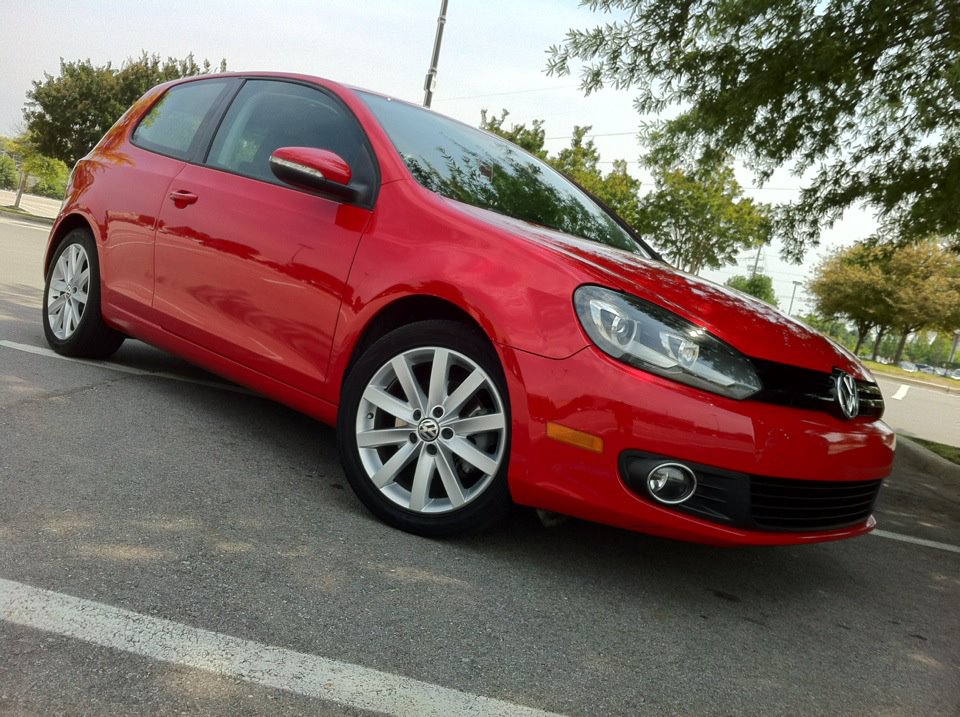
Since my winters are full of the awful combination of slush, ice and frigid rain, a good set of winter tires is a must for me. Last year, I did a season long test of a set of Cooper winter tires, and found them to be a great choice. But Cooper plays in the bargain aftermarket segment, and I wanted to experience the kind of improvements that could be gained by going with a premium market tire. My 2010 Volkswagen Golf came equipped with Continental tires from the factory, so the next logical step in my winter tire testing was moving to a Continental brand product. This gives me a great basis of comparison for both how Continental tires handle and behave in poor weather conditions on a basis of all-season vs winter, as well as a winter vs winter comparison for the Cooper against the Contis.
We will be routinely checking in and providing updates on how the tires are treating us until the first day of spring arrives in three months. The plan is to do monthly updates, as well as random updates if anything interesting or noteworthy happens.
If you think that winter tires are only useful for your family in Wisconsin, stay tuned to AutoTalk to learn just how effective a safe a new set of winter rubber can be in huge portions of the United States.

